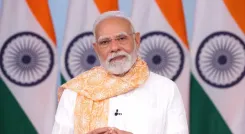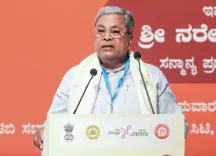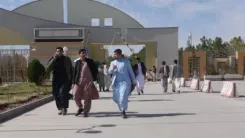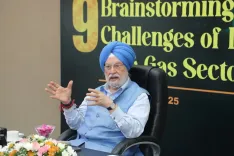How Can India Achieve Self-Reliance in Manufacturing Technologies for Speech and Hearing?
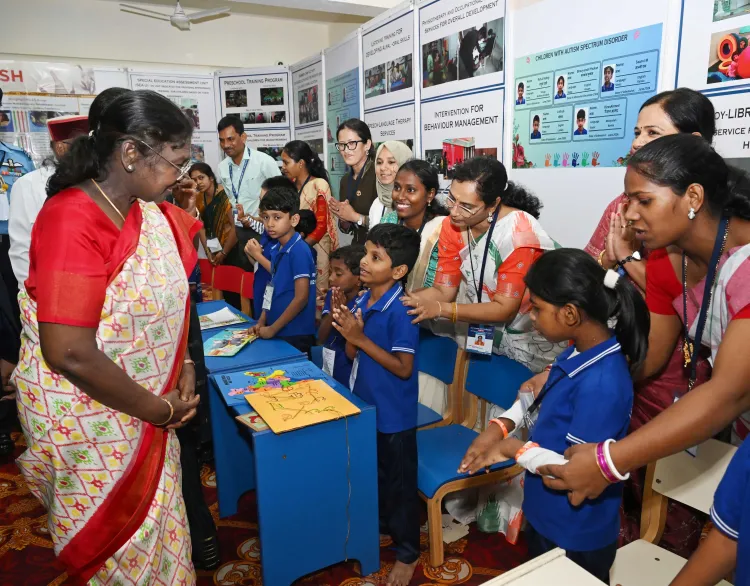
Synopsis
Key Takeaways
- India needs to focus on self-reliance in manufacturing speech and hearing technologies.
- Affordable solutions like Cochlear Implants are essential for accessibility.
- Awareness and empathy from society are crucial for supporting the differently-abled.
- The government is creating a barrier-free environment through various initiatives.
- AIISH plays a vital role in raising awareness and providing treatment.
New Delhi, Sep 2 (NationPress) India must strive for self-reliance in the production of technologies aimed at addressing disabilities such as speech and hearing, making them more accessible to the general populace, stated President Droupadi Murmu.
While addressing the diamond jubilee celebrations of the All-India Institute of Speech and Hearing (AIISH) in Mysuru, Karnataka, she emphasized the critical role of technology across various sectors.
“Modern technology significantly aids in addressing disabilities pertaining to speech and hearing,” said President Murmu.
“However, for these advanced technologies and devices to be accessible to the public, their development and manufacturing within our nation is essential. For instance, to offer Cochlear Implants at affordable prices, achieving self-reliance in their production is imperative,” she elaborated.
On this occasion, President Murmu remarked that, like other challenges, issues related to speech and hearing also necessitate expert intervention for early symptom identification and diagnosis.
“Society must foster awareness and a spirit of cooperation and empathy towards individuals facing speech and hearing challenges,” she stated.
Praising the initiatives of AIISH, such as the ‘Inclusive Therapy Park’ designed for children affected by communication disorders and ‘AIISH Arogya Vani’, a unique program aimed at raising awareness about communication disorders and their early detection.
The President asserted that the government is committed to creating a barrier-free environment through various welfare initiatives, enabling divyangjan to progress in their lives without hindrances.
Under the ‘Sugamya Bharat Abhiyan’, efforts are underway to ensure equal opportunities for development for people with disabilities.
“By making public spaces, facilities, and information sources divyang-friendly, we will not only enhance convenience for the differently-abled but also demonstrate that society cares,” President Murmu stated.
During her visit to AIISH, she also engaged with divyang children receiving treatment at the institute and interacted with individuals who have achieved success across various fields after treatment.



